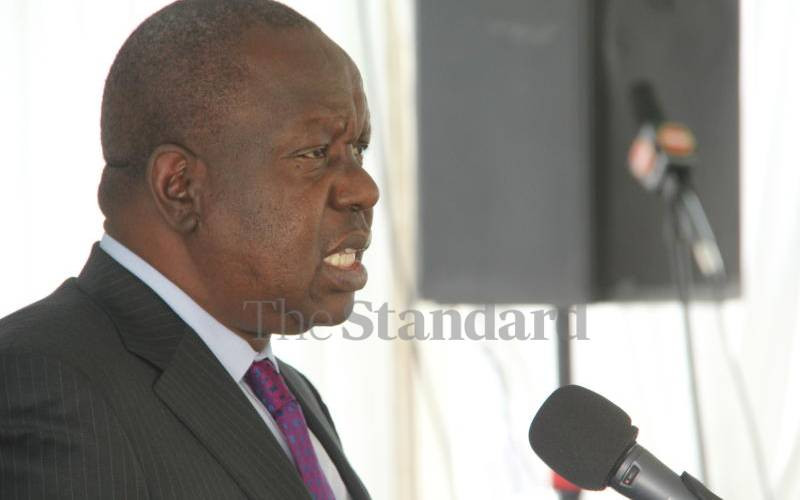×
The Standard e-Paper
Stay Informed, Even Offline

A powerful gush of wind blew through the crowd. From the east, across the vast Muslim cemetery, it carried with it a huge smoke of dust, clothes, pieces of furniture and rooftops.
Security personnel scurried to shield the VIPs, from the onslaught of nature. Then, as suddenly as it had come, the wind died down. Calmness returned to Nakuru's Kamukunji grounds. Then, the tall, lean, politician took to the podium.